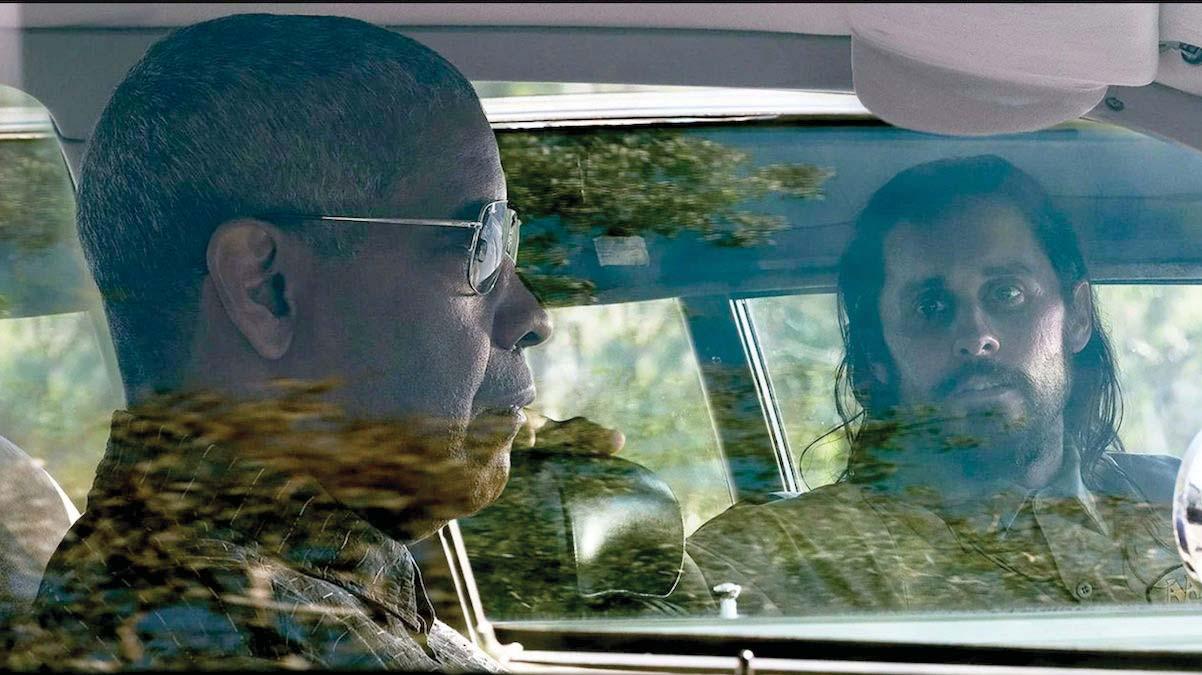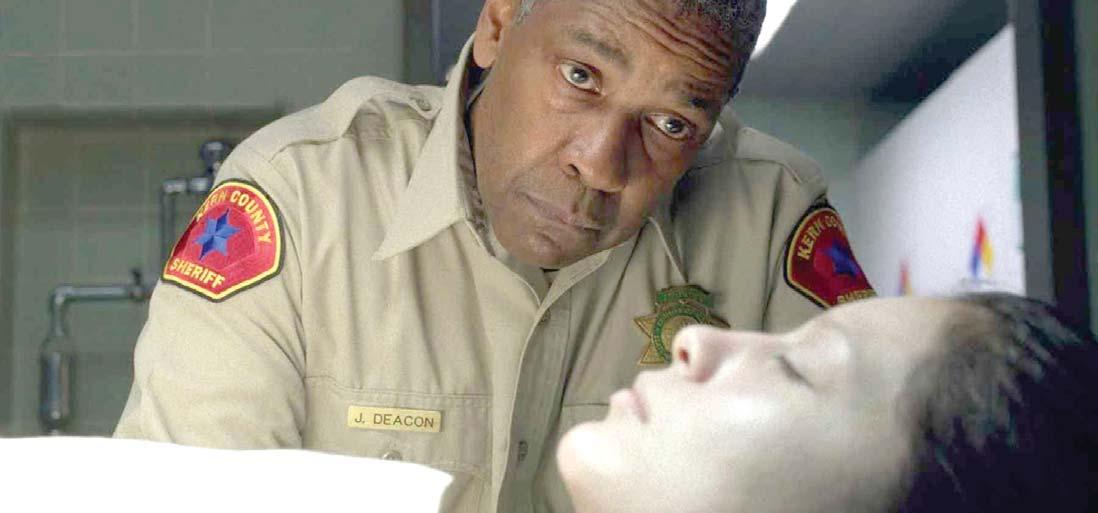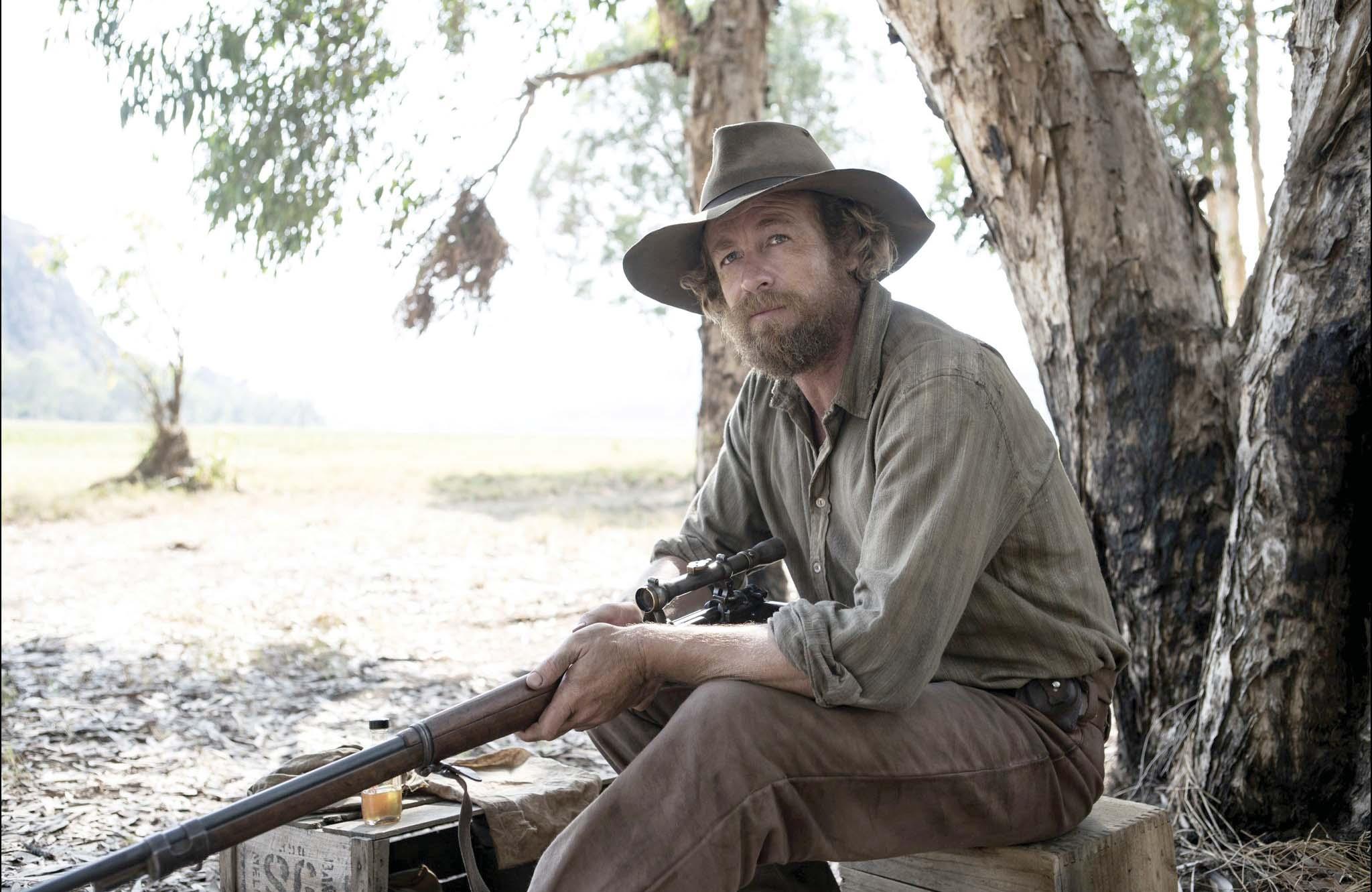
5 minute read
Auto
The Litt le Things – 3 Stars
A murder-mystery that is less focussed on finding the killer than investigating the mental state of its supposed heroes.
KEM County Deputy Sheriff Joe Deacon (Denzel Washington) is sent to Los Angeles for what should have been a quick evidence-gathering assignment.
Instead, he becomes embroiled in the search for a serial killer who is terrorizing the city. Teaming up with young hot-shot detective Jim Baxter (Rami Malek), Joe goes down the rabbit hole with this creepy killer, all the while deeply aff ected by the case that ran him out of the city decades ago.
Th e Litt le Th ings is the exact sort of adult, thinking fi lm that could welcome you back to the cinema with open arms. It’s a hard-boiled detective drama, rooted in creepy cops and even creepier killers.
Th e plot unfurls relatively similarly to a number of other detective thrillers, with overtones of Prisoners and Zodiac. Our hero teams up with a younger version of himself. Joe is jaded, and has given up on big city life aft er a case that went wrong. But it keeps sucking him back in, particularly with this case.
He used to be a high-fl yer, but then the moral complexities of his choices caught up with him, and he broke down – his health, his marriage and his career all in one hit. He sees himself in Jim, and Jim sees a man whose prowess could help him crack a case that is garnering media scrutiny and could aff ect his career.
Washington plays Joe as a deeply troubled but brilliant detective, with an overbite and an unassuming manner. Malek brings a distinctly weird tone to his well-dressed detective, brilliance early on that transforms into a great psycho-analysis of an obsessed man who compromises his morality.
But the true superstar of this piece is Jared Leto. Leto, recently nominated for a Golden Globe award for this performance, brings a level of creepy that echoes some of his other performances but also revolutionises them into a unique piece.
Physically, vocally and even through the eyes, the performance really sucks you in to both hating this character and seeing him as an equal villain to oppose Joe’s detective hero.
In the end, the fi lm takes an intriguing complexity to morality. It’s less obsessed with fi nding evidence to convict the killer, and more obsessed with the police subverting their own moral compass in search of justice.
Justice is at the heart of the piece, and in some respects that subverts the genre slightly, which makes this an interesting fi lm. On the other hand, however, it makes the ending somewhat unsatisfying – both from a plot perspective, and with respect to being able to determine heroes and villains.
It’s tough to truly root for these characters, because the fi lm never really gives credence to the villains’ guilt other than through Leto’s creepy performance. It means that when the climax arrives, it leaves us asking whether Leto’s character was truly guilty, and whether the cops were really right.
Th e fi lm also leaves a number of plot threads unanswered. It all adds up to a movie that plays at genre, but in its quest to subvert expectations, winds up dissatisfying the viewer.

Reviews by Jacob Richardson Creative Director | Film Focus www.filmfocusau.com



High Ground – 4 Stars
A slow-burn revelatory experience, highlighting the reality of colonial Australia.
IT’S the 1930s in Arnhem Land, in the recently federalised Australia. Fresh from World War 1, Travis (Simon Baker) and Eddy (Callan Mulvey) are members of the police and get caught up in a mission where things go awry, and they massacre an indigenous community.
Flashforward a few years, and Travis is tasked by Moran (Jack Th ompson) to team up with Gutjuk (Jacob Junior Nayinggul) to track down the young Aboriginal boys dangerous uncle.
Directed by Stephen Johnson, High Ground is full of impressive sweeping vistas, tense and bloody violence, and a decidedly western feel. Th e fi lm uses the sett ing like a character, frequently lingering on the Australian expansive landscape.
It also aids in the action itself – whether its incredible vantage points for sniper positions, or hidden enemies popping up from out of long grass.
Th e action in the fi lm is delivered at an intriguing pace. Every action feels slow, deliberate, and insightful. It brings a sense of realism to the cruelty and brutality on display that craft s intrigue more than shock and awe.
You feel like this is a real representation of what the shocking nature of that violent time would have been, rather than being shocked for the sake of clickbait news articles.
High Ground also has an odd pacing structure, with moments that feel like endings bubbling to the surface over and over. Perhaps this is a representation of the neverending cyclical confl ict between white Australia and black Australia. Either way, it has an odd dual eff ect, creating both a frustrating dissociation wondering where the fi lm is arc-ing towards, and an undeniable draw into the picture.
For a cast as diverse as the one assembled, it is also consistently well acted. On display, we have Hollywood actors (Simon Baker), Australian screen legends (Jack Th ompson) and a debut performance from Jacob Junior Nayinggul.
Irrespective of their diverse backgrounds, they all deliver cohesive and engaging performances with the material. Nayinggul in particular is magnetic in his fi rst on-screen performance, and that is a testament to both his work, and the directors in drawing out a performance of such quality.
Th e only real issue with High Ground is the sheen. It feels like a movie that needs a gritt ier take, a litt le less bright and a litt le less saturated. As it stands, the fi lm loses a litt le of the seriousness and tension that could have been associated with its hyperviolence, and in doing so misses a trick. Th e western elements are undercut by the bright tones, creating an almost budget-like feel.
High Ground is a tense Australian western, that does a great job of engrossing you in a violent colonial story that needs telling. It’s a fi lm that needs to be experienced in the cinema.
Reviews by Jacob Richardson Creative Director | Film Focus www.filmfocusau.com






